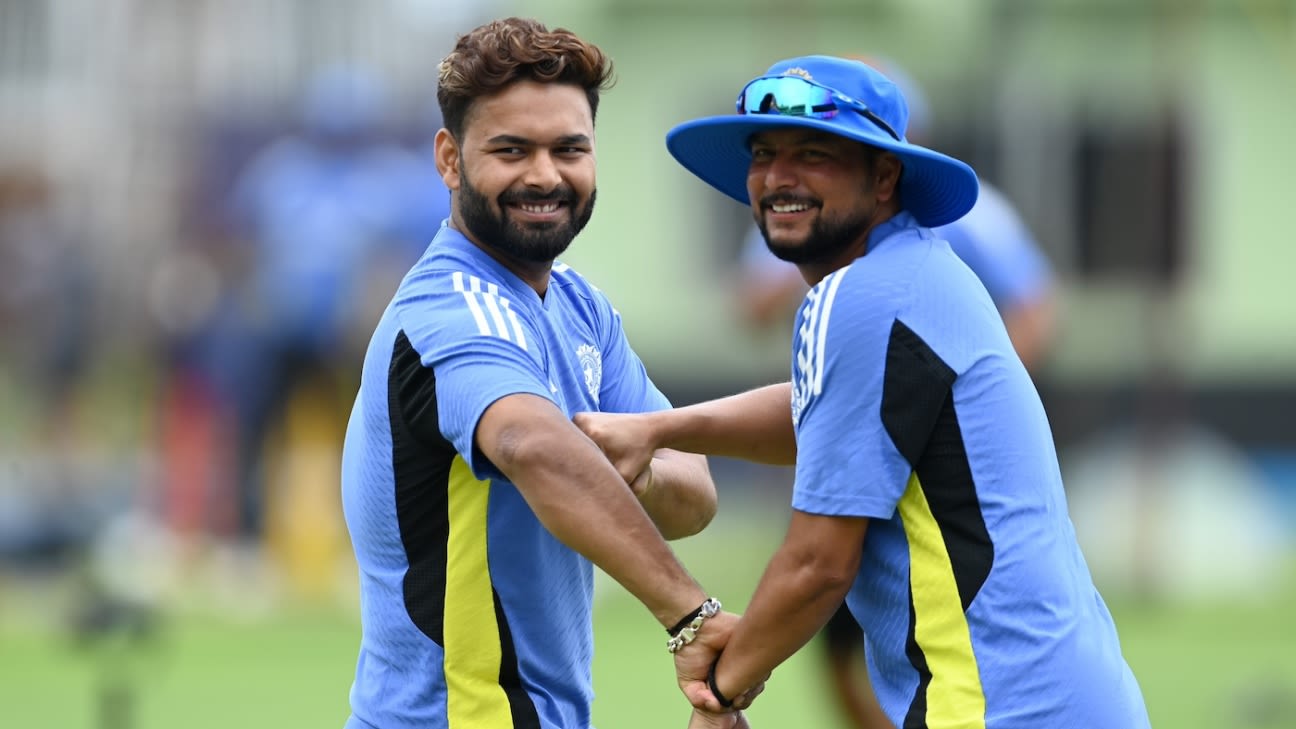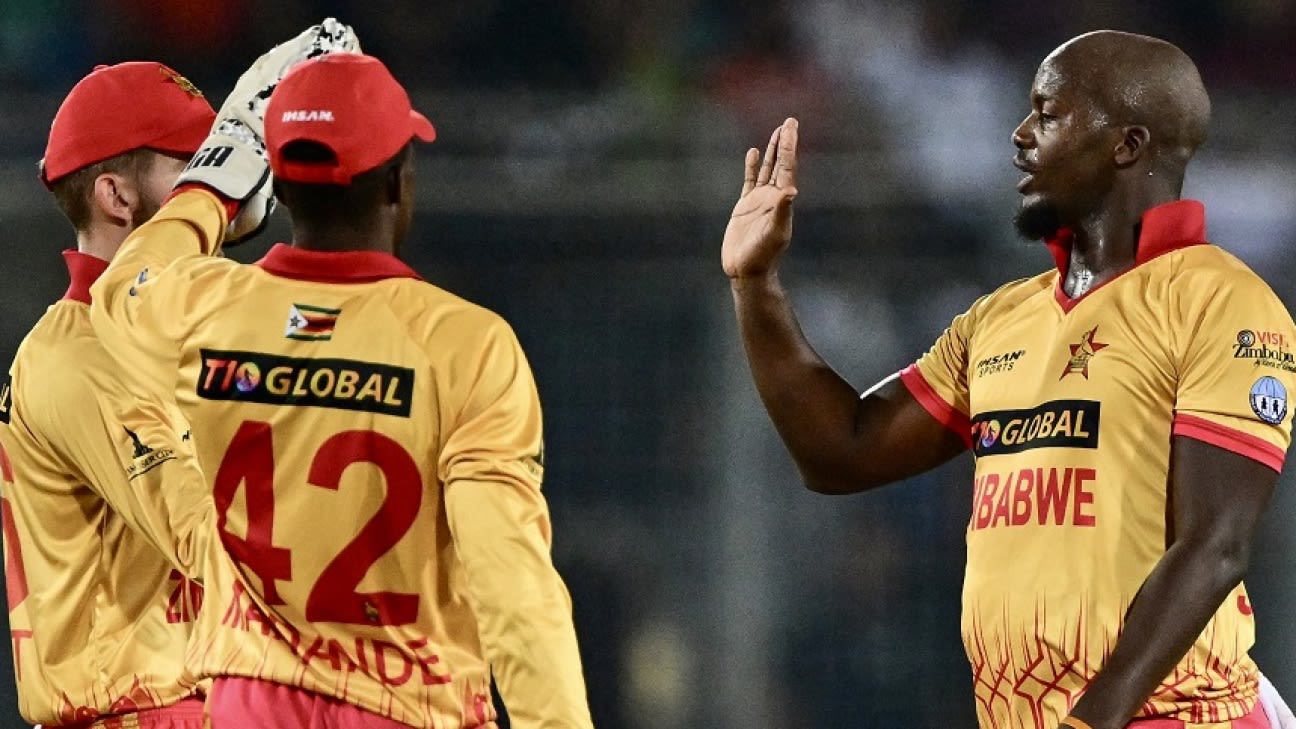Why does the second semi-final not have a reserve day?
There is only one day’s gap between the second semi-final in Guyana and the final in Barbados, unlike the first semi-final in Trinidad. To give the second finalists enough time to rest between matches, it has been decided to not have a reserve day.
Isn’t that kinda unfair?
Funnily enough, the extra time available for both matches is actually the same: 250 minutes. An ICC spokesperson said: “For performance reasons, to ensure teams do not have to ‘play-travel-play’ on consecutive days, the decision was taken to allocate the additional time for the second semi-final immediately post the game because the game is a 10.30am start, whilst the first semi-final is an evening start, which means it is not feasible to play all additional time on the same day.”
So the playing conditions regarding the reserve time for both the semi-finals are identical?
Not quite.
How so?
All attempts will be made to complete the first semi-final on the scheduled day, which has been allocated regulation time plus 60 minutes, which means the first semi-final will start losing overs if the 8.30pm start-time is delayed for more than an hour. If it still goes into the reserve day, a further 190 minutes have been allocated from 2pm onwards, but the match will continue from where it was left off. For example, if two hours are lost to rain on Wednesday evening, the match will start as 13 overs a side from 10.30pm. If further rain on the night doesn’t allow for the completion of a 10-over game, the match will resume on the reserve day from where it was interrupted.
In the case of the second semi-final, an ICC spokesperson said that the overs will start being reduced only at approximately 2.40pm: 250 minutes after the scheduled start time of 10.30am.
This gives rise to a scenario in which the match could start as a 20-over affair at 2.40pm, only for the the side batting first to be midway through their overs when the rain returns, thereby causing the match to be washed out as a no-result. That possibility is reduced by the early move towards reduced overs in the first semi-final, but not the second.
If the ICC had made every effort to complete the second semi-final by 2.40pm and only gone into extra time if a 10-over game was not possible until such time, we would have had nearly identical playing conditions for both matches.
What constitutes a completed game?
Unlike in the league matches, where five overs in the second innings was enough for a result to be declared, both sides will have had an opportunity to bat 10 overs to constitute a match.
What if we can’t get 10 overs each in?
The team that finished at the top of their Super Eight group advances. That means South Africa from the first semi-final, and India from the second.
What if the match is a tie
We play super overs until time permits. If still unresolved, the team winning their group advances.
What is the forecast like
The first semi-final in Trinidad is under no threat of rain going into the reserve day.
There is constant threat of rain during the second semi-final in Guyana.
Is it true that India knew before the other teams where they would be playing their semi-final?
Yes. India were scheduled to play their semi-final in Guyana no matter where they finished in their group because that semi-final starts at 10.30am, which is 8pm back in India. Even though South Africa and England knew they had qualified several hours earlier, they had to wait for India’s status as winners of Group 1 to be resolved before they could travel to their venues.
However, these playing conditions were signed off by every participating board well before the World Cup started.
Does this give India any advantage?
Any advantage India gain vis-à-vis a no-result finish, they did so by virtue of having finished at the top of their group.
It could be argued they selected their squad knowing they would be in Guyana for the knock-outs, but it is probably far-fetched to think the process could be skewed by advance knowledge of their ninth match of the tournament, when they also knew the venues for their previous eight matches. Also, it is a risk to base one’s selection on the historical nature of a venue, as has been observed elsewhere during this World Cup.
So, if we don’t need to worry about weather and extra time in the first semi-final, what is the latest the second semi-final can start for us to have a 10-over game?
According to an ICC spokesperson, it needs to start by approximately 4.14pm for a 10-over match.
Sidharth Monga is a senior writer at ESPNcricinfo



